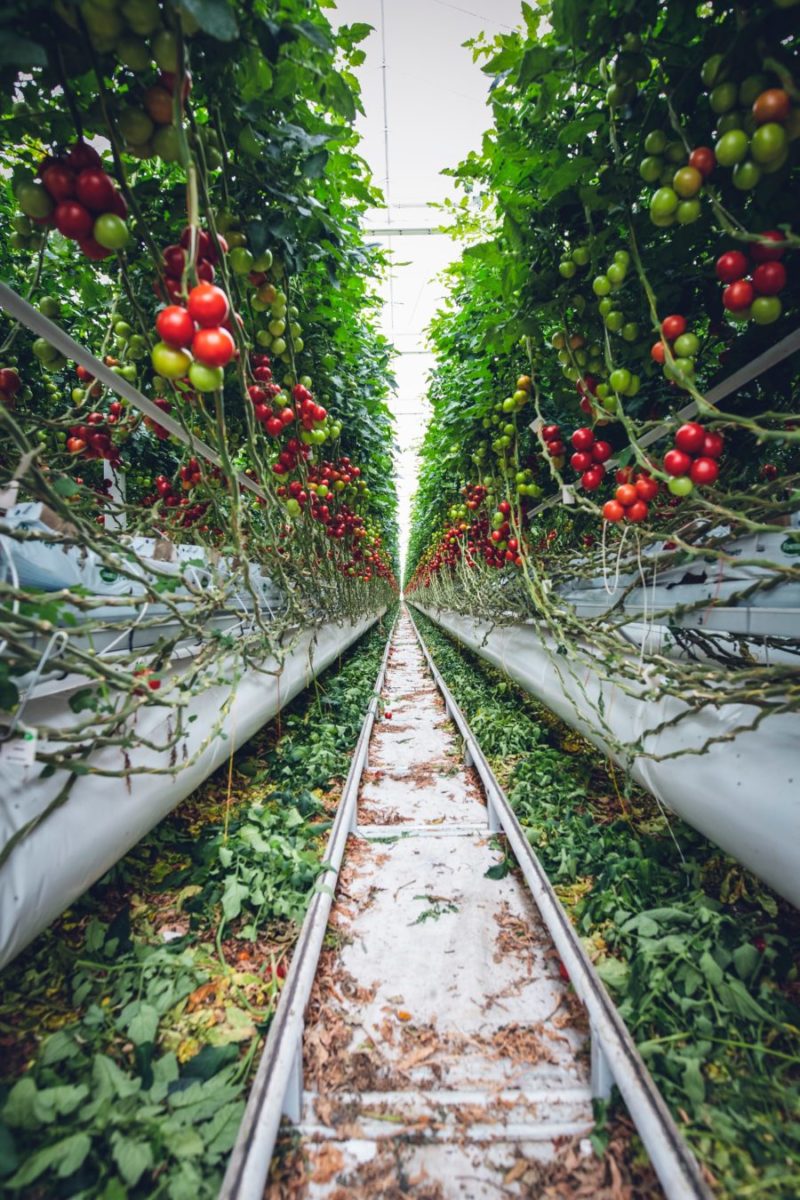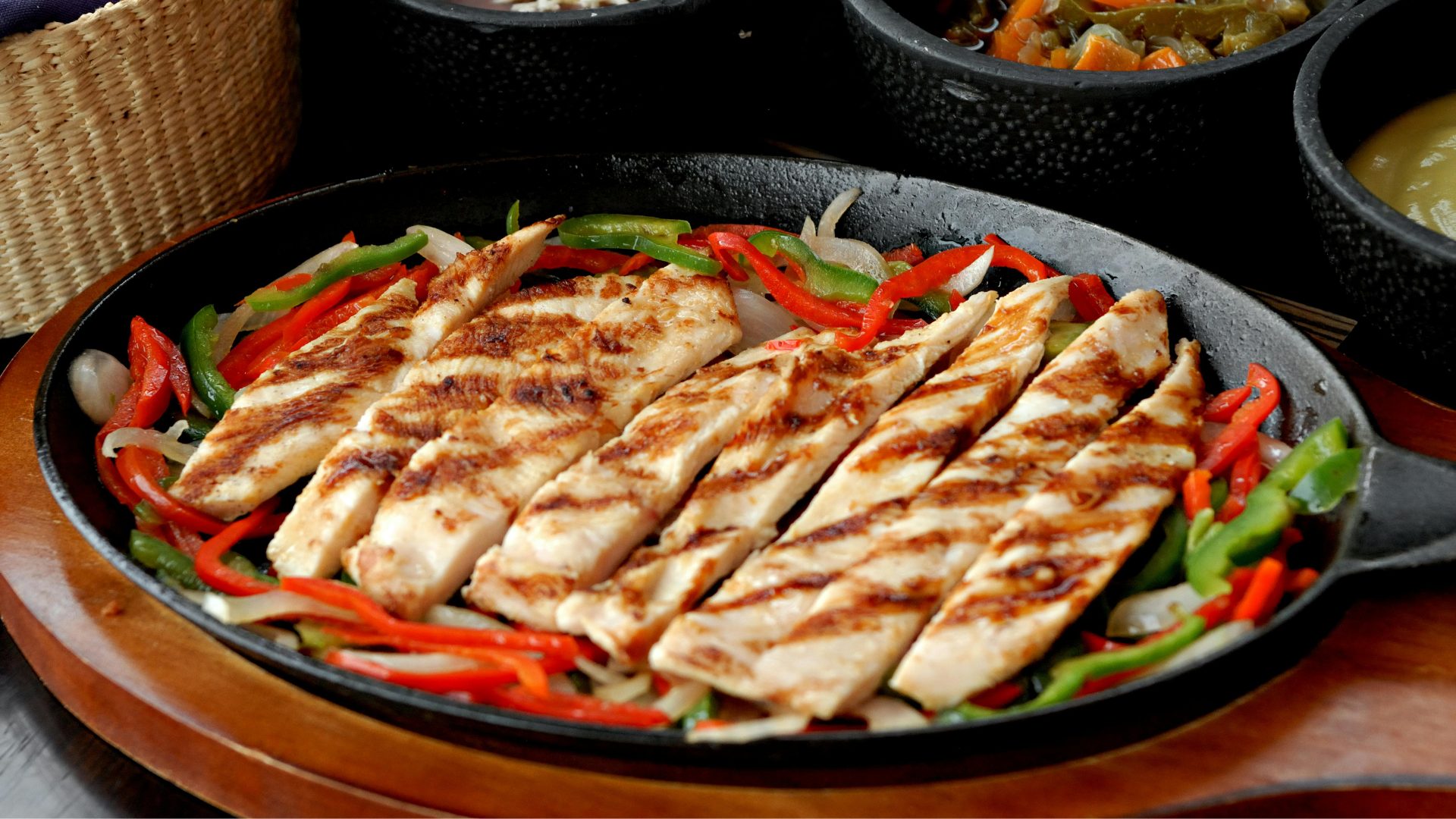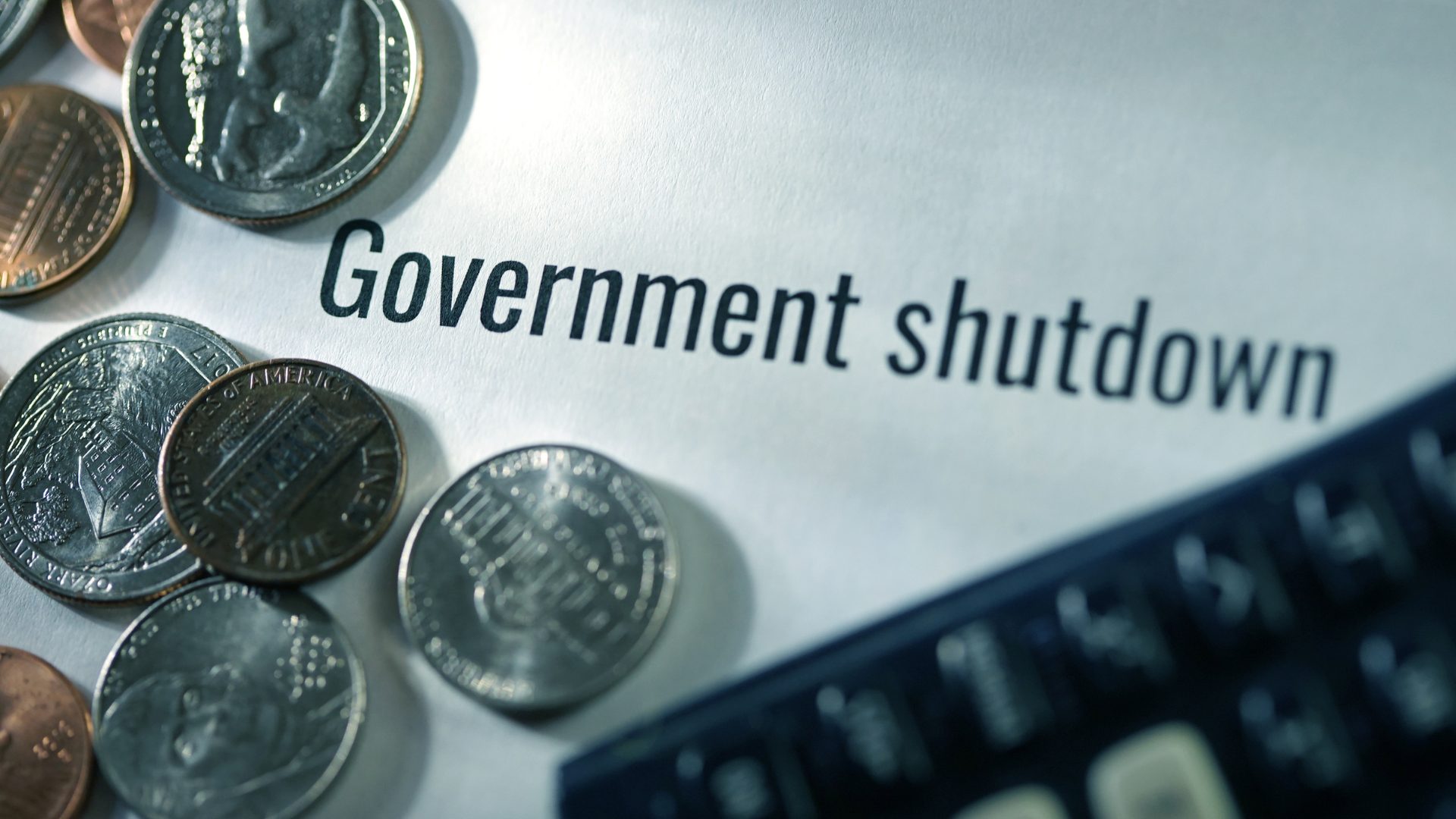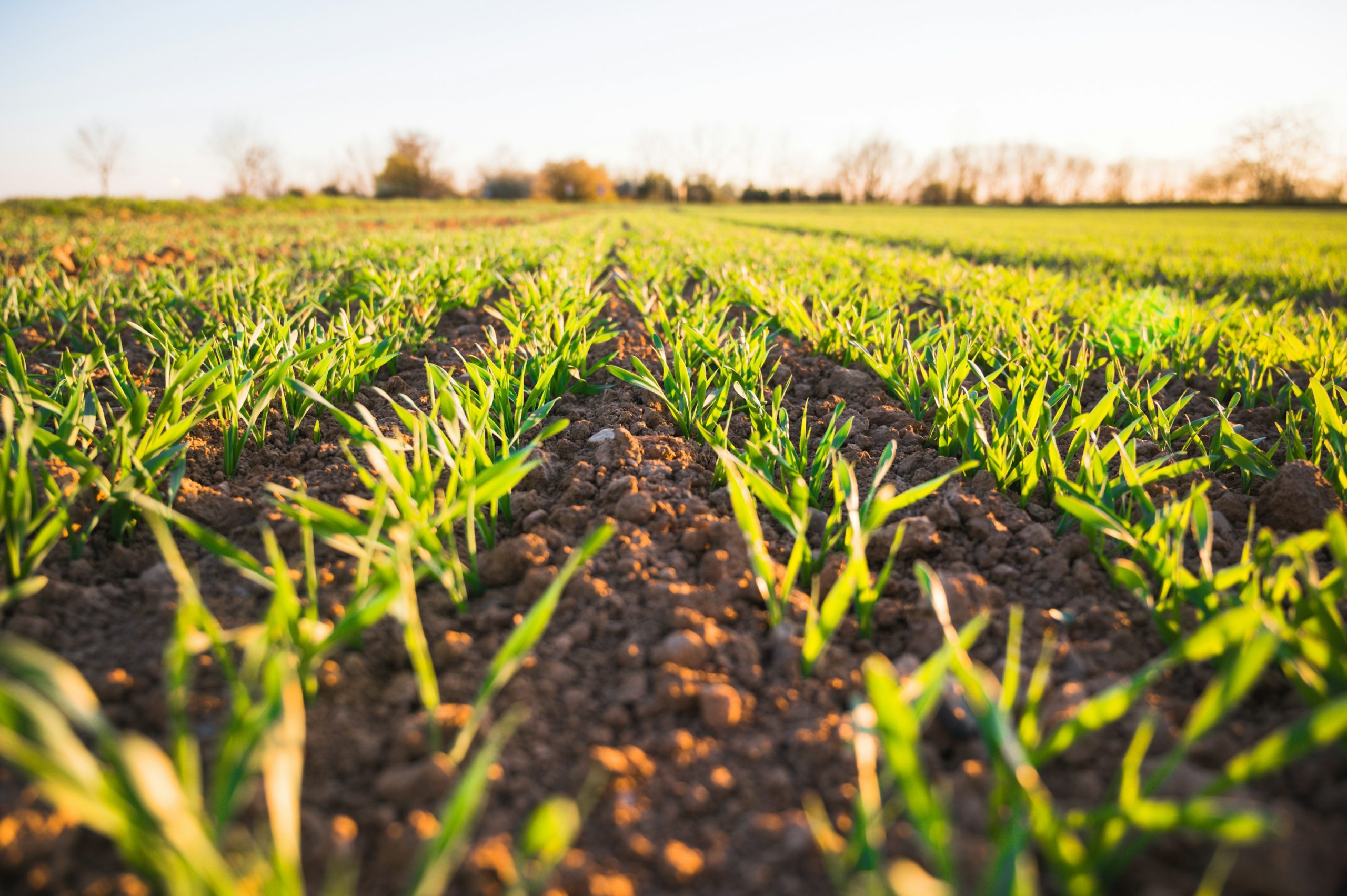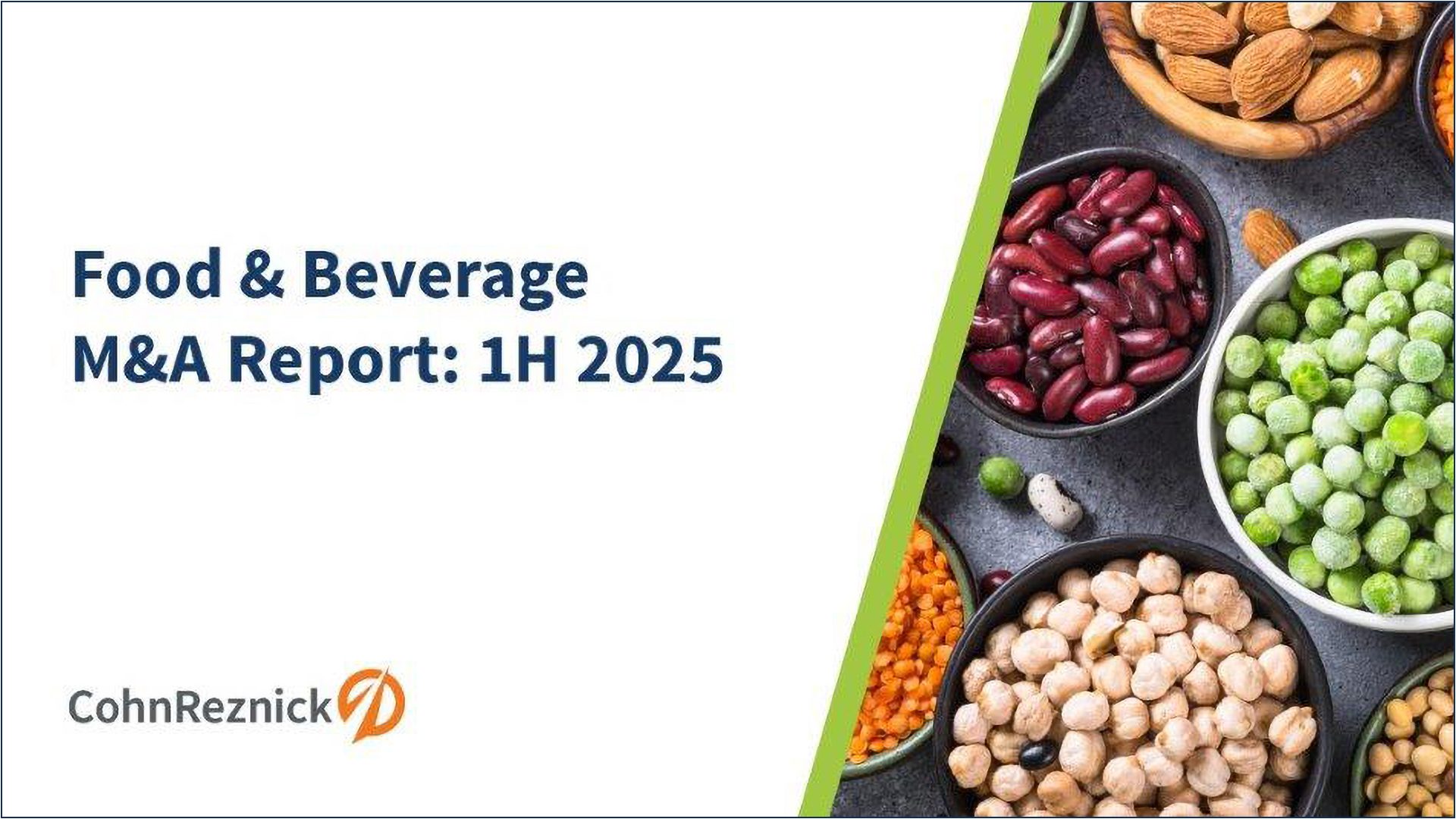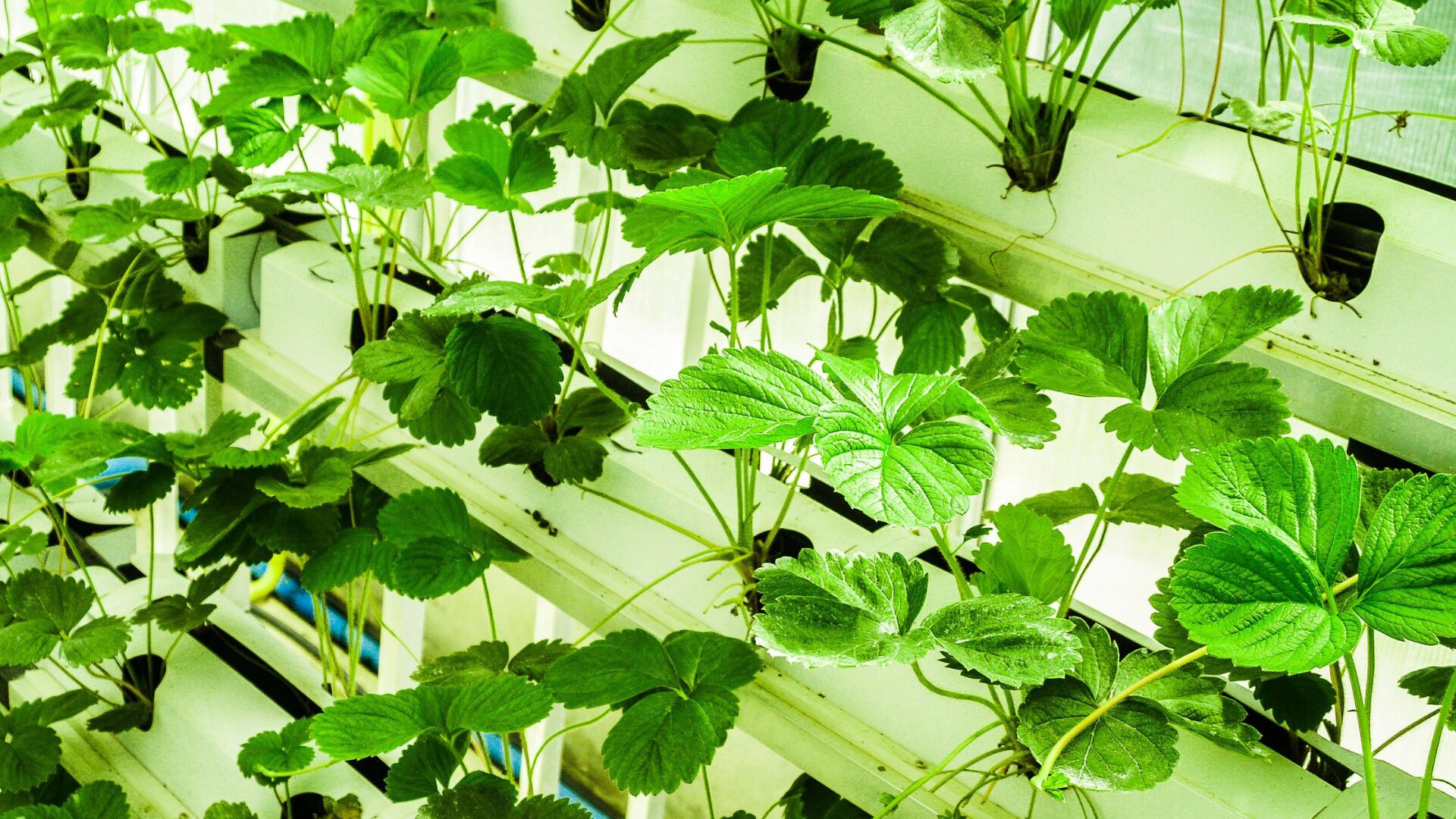Fruit and vegetable production, like all agricultural practices, must adapt to climate change.
That is, producers – already experiencing soil depletion and water supply issues – will also have to contend with severe weather disruptions that are likely to accelerate over the coming decades. And while growers are already introducing sustainable initiatives like water management and carbon capture to their operations, there will likely be a need to develop supplemental programs to ensure that global demand is met.
VERTICAL FARMING’S GROWTH POTENTIAL
Vertical farming is the practice of growing crops in vertically stacked layers – typically integrated into other structures like skyscrapers, shipping containers or repurposed warehouses – to optimize plant growth and soilless farming techniques like hydroponics, aquaponics, and aeroponics. It also ensures reliable yield and consistency in crop production year round, without external environment factors such as diseases, pests, or predator attacks.
Further, with climate-controlled conditions and electronic efficiency measures, vertical indoor farms take traditional greenhouse farming to the next level. In fact, a single vertical farm can grow 4 hectares (10 acres) — or roughly five Olympic-size swimming pools — worth of food on less than half a hectare of land, making it an ideal practice for preserving space for biodiversity and advancing ESG efforts within urban areas.
With these factors in mind, vertical farming is experiencing tremendous growth, with the global vertical farming market valued at $2.23 billion in 2018, and projected to reach $12.77 billion by 2026, growing at a CAGR of 24.6% from 2019 to 2026.
Further, against the backdrop of consumers currently paying a premium for sustainably-grown products, some argue pricing issues will subside over time.
“I think you see it in the example of greenhouse-grown products, which can command a higher price. It can be seen as a super-premium product,” Farmers Gate partner Thaddeus Tracy said on a recent “I’m not convinced that there has to be a spread in price between conventional and sustainably-grown products. And I think the more retailers and other food companies push food sustainability requirements on their suppliers, the less relevant this price differential will become.”
INVESTING IN VERTICAL FARMING
Vertical farming has also become a hot target for investment dollars amid projections for higher global food demand and more erratic climate conditions over the coming years. Recent vertical farming headlines include:
- McCain Foods announced it had invested in excess of $65 million in GoodLeaf Farms, Canada’s largest commercial vertical farming operation, making it the single largest shareholder in the company.
- Vertical farming company Plenty Unlimited Inc. attracted $140 million in a Series D financing round that included existing investor SoftBank Group Corp., as well as berry producer Driscoll’s, reported Bloomberg (Oct. 14).


